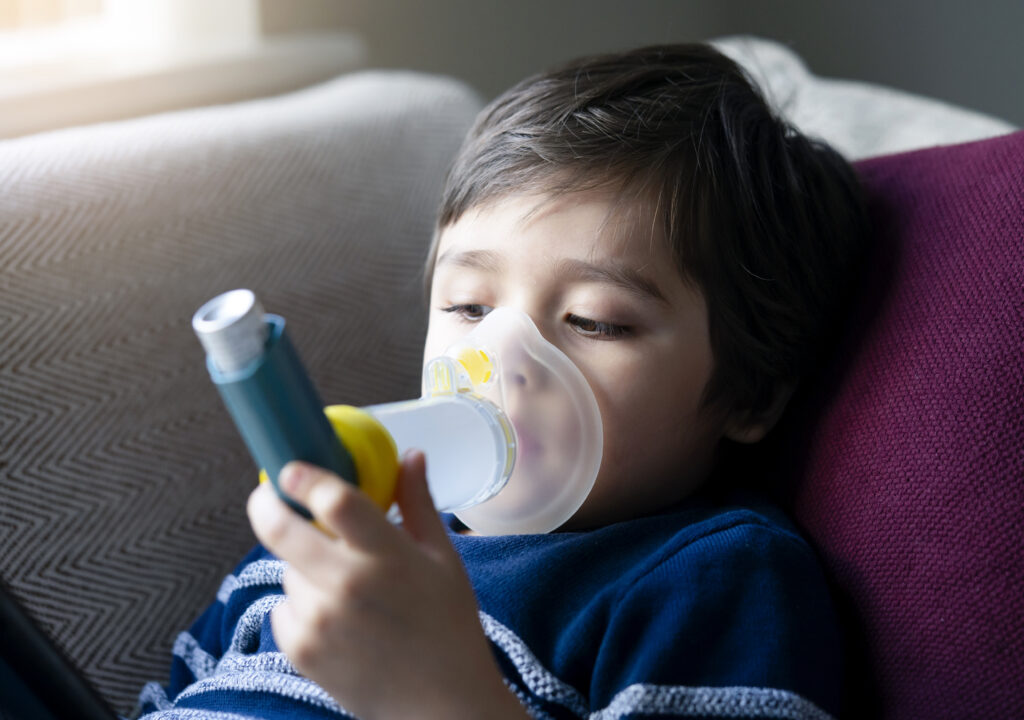What is a Respiratory Infection in Children?
Respiratory infection in children is a common health problem. It affects the nose, throat, airways, or lungs. These infections can be mild, like a cold, or more serious, like pneumonia. Children often get these infections, especially during colder months. Because their immune systems are still growing, kids are more likely to catch these illnesses. Early care can help prevent problems. Parents and caregivers should know the signs and steps to take.
Common Symptoms
Children with a respiratory infection may show different symptoms. However, some signs are more common than others. Knowing these can help you act quickly. For example, watch for:
Sometimes, children may also have ear pain or headaches. If symptoms get worse, it is important to seek help.
Main Causes and Risk Factors
Respiratory infections in children are usually caused by viruses. For instance, the common cold and flu are viral. Sometimes, bacteria can also cause these infections. There are several risk factors that make children more likely to get sick. These include:
Because young children touch their faces often, germs spread easily. Keeping hands clean can help lower the risk.
How Respiratory Infections are Diagnosed
Doctors use several steps to diagnose a respiratory infection in children. First, they ask about your child’s symptoms and health history. Next, they will check your child’s breathing, temperature, and throat. Sometimes, doctors may listen to the chest with a stethoscope. If needed, they might order tests, such as:
Most of the time, a simple exam is enough. However, extra tests help if symptoms are severe or do not improve.
Treatment Options
Treatment for respiratory infection in children depends on the cause. For viral infections, rest and fluids are key. Most children get better on their own. However, doctors may suggest:
Antibiotics are only used if a bacterial infection is found. Because overuse of antibiotics can cause problems, doctors avoid them for viral cases. Always follow your doctor’s advice for medicines and care.
Prevention Tips for Parents
Preventing respiratory infections in children is possible with simple steps. For example, you can:
Because prevention is better than cure, these habits can keep your child healthier all year.
When to See a Doctor
Sometimes, a respiratory infection in children can become serious. You should call a doctor if your child:
Early medical care can prevent problems. Because every child is different, always trust your instincts as a parent.
In summary, respiratory infection in children is common but often mild. However, knowing the signs, causes, and prevention steps can help keep your child safe. Consult a pediatrician for personalized advice if your child shows symptoms of a respiratory infection.

